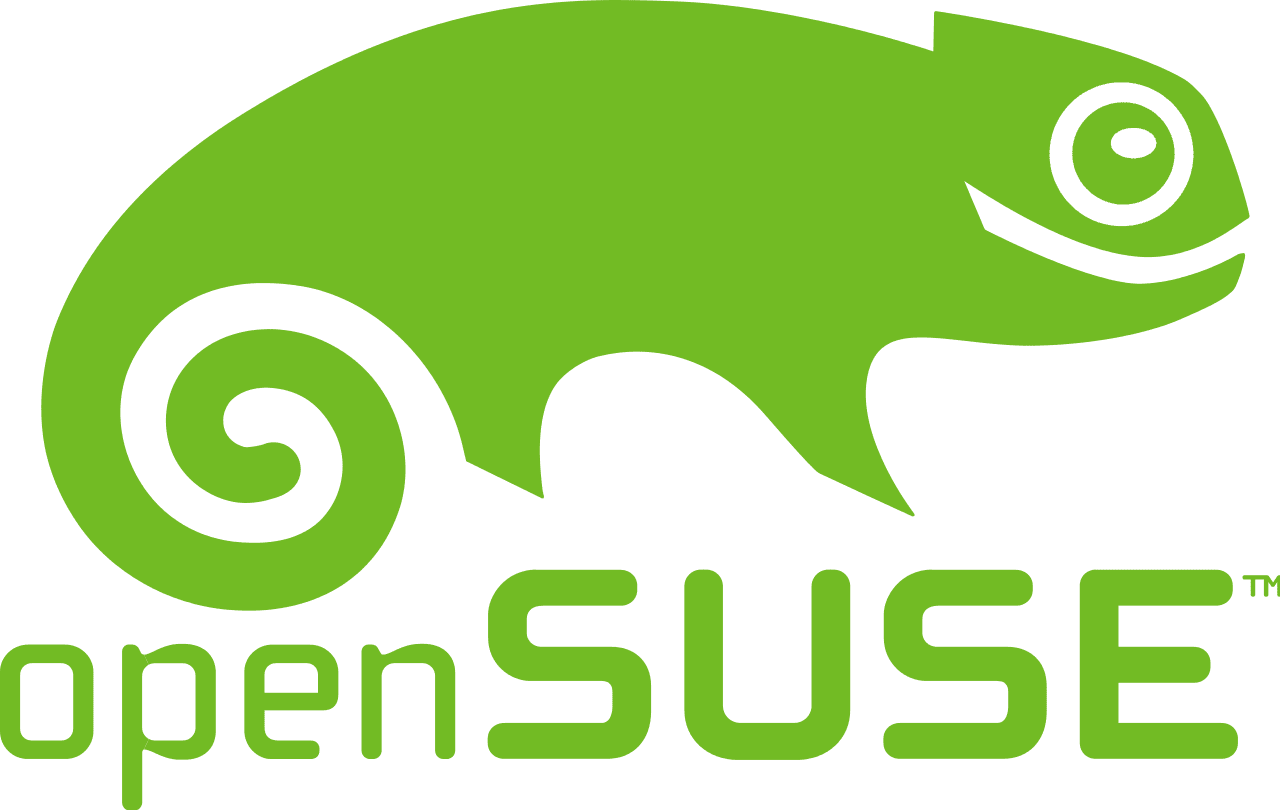
The developers of the distribution openSUSE unveiled a few days ago through an announcement the beginning of the initial support for packages related to the Nim programming language, thus openSUSE joins the Arch Linux open source project to have updated packages for the Nim language.
main support means the periodic and rapid generation of corresponding updates to current versions of Nim. The compiled programming language gives programmers runtime efficiency and combines successful concepts from mature languages like Python, Ada, and Modula.
“The actual software runs without an operating system, but if yours needs one, choose one that offers first-class Nim support. Like SUSE does.” said the creator of the Nim programming language, Andreas Rumpf, when asked about openSUSE's compatibility with updated Nim as of now.
For those who are unaware of this programming language, I can tell you that Rumpf created Nim in 2005 and one of Nim's strengths, in addition to the macro system and runtime efficiency, is your standard library, which is similar to other languages and covers most of the standard functions; these include string handling and formatting, asynchronous code development, networking, and even high-level language functionality (such as the compiler itself) or NimScript, which is a subset of Nim specially designed for scripts that can be embedded and executed in execution time.
The Nim language It is focused on solving system programming problems., uses static typing, and was created with an eye toward Pascal, C++, Python, and Lisp.
The source code of Nim compiles to a C, C++, Objective-C, or JavaScript representation. Subsequently, the resulting C/C++ code is compiled into an executable file using any available compiler (clang, gcc, icc, Visual C++), which allows performance close to C, of course, if we leave aside the resources used by the garbage collector.
“I am very excited to have the first Linux distribution to announce first-class support for Nim,” said Dominik Picheta, Nim lead developer and author of the book Nim in Action. "I hope this opens the door for other distributions to do the same."
Similar to Python, Nim uses indentation as block separators, in addition to supporting metaprogramming tools and capabilities for creating domain-specific languages (DSLs).
Also, Nim it comes with a wide range of tools included by default. The compiler allows targeting of C, C++, and Javascript as the backend. There are some tools included to make development easier:
- nim compiler
- nimsuggest (support for language suggestions, autocomplete, error/problem detection, etc.)
- nimgrep (a powerful grep alternative with built-in Nim support for finding symbols and inspecting Nim code bases).
- nim-gdb wrapper (gdb support for Nim types)
- nimble (package manager)
There are currently Nim packages built for x86-64, i586, ppc64le and ARM64 with openSUSE, plus there are automated tests for openSUSE builds. Generally, the availability of Nim with openSUSE involves the push-up of broken tests for specific architectures along with the support and push-up of security patches.
Nim has a very interesting and vibrant ecosystem of packages for easy development on many fronts; from web development to systems programming and science to data processing, to name a few. You can develop extremely fast, parallel applications with Weave , develop front-end and back-end web applications entirely in Nim with Karax or Jester, and perform computationally heavy math with ArrayMancer.
Finally it is worth mentioning that the packages will be generated for the x86-64, i586, ppc64le and ARM64 architectures and will be tested with openSUSE's automated test systems before release.
If you want to know more about it on the note, you can check the details in the post original in the following link.